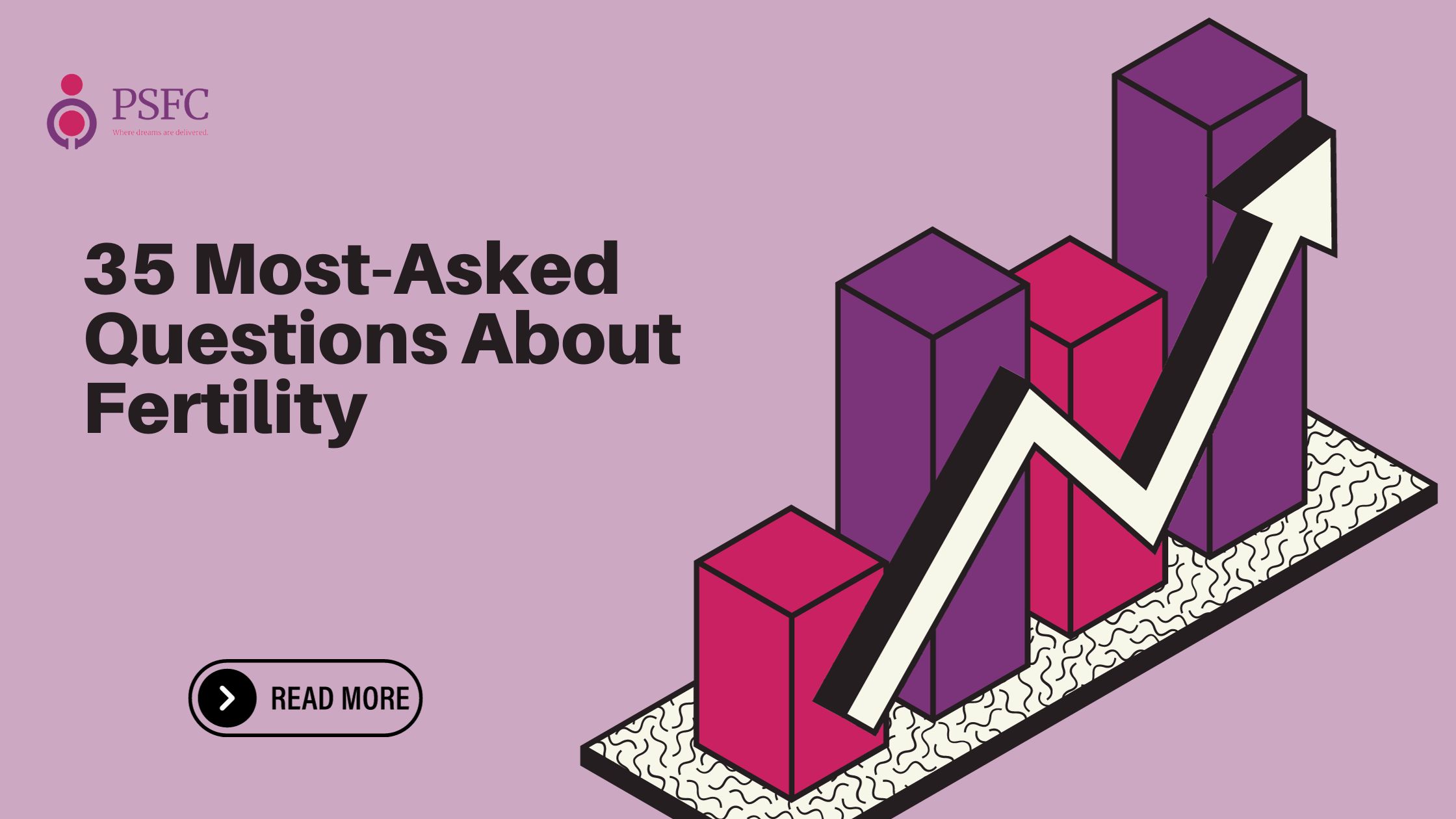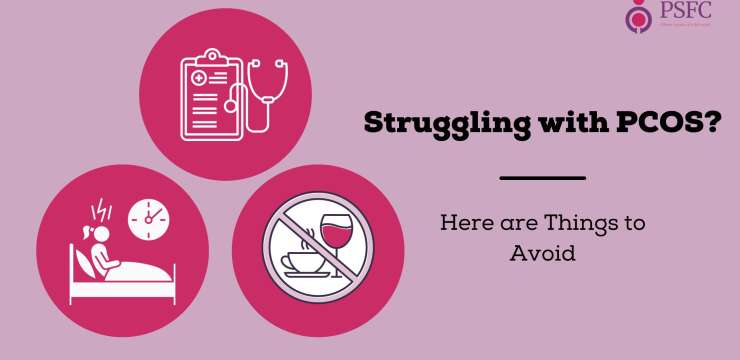Prenatal care was received by 85.1% of pregnant women in India in 2021, according to the World Bank’s official data.
In future, the statistics will increase; in this article, let us look into a few frequently asked questions and become more aware of fertility.
Irrespective of gender, care during fertility plays a significant role, as does LGBTQ fertility.
For more on LGBTQ fertility, read 6 Questions to Ask When Selecting an LGBTQ Fertility Clinic.
Now, let’s proceed further.
1. What is fertility?
Fertility refers to the ability of a person or a couple to have children or conceive a baby.
2. How does fertility work in males?
Fertility in males depends on the quantity and quality of sperm. Sperm production occurs in the testes.
3. How does fertility work in females?
Female fertility involves the ovaries releasing eggs, which can be fertilized by sperm. The uterus provides a suitable environment for pregnancy.
4. What is the typical age range for peak fertility in women?
Peak fertility in women usually occurs between the ages of 20 and 24.
5. What factors can affect female fertility?
Age, hormonal imbalances, health conditions, and lifestyle factors like smoking and obesity can impact female fertility.
6. What are the key factors affecting male fertility?
Male fertility depends on sperm count, motility, and quality. Making unhealthy lifestyle choices such as smoking and excessive drinking can significantly impact these factors.
7. How does the menstrual cycle affect fertility?
The menstrual cycle plays a major role in fertility by regulating the release of eggs for potential fertilization.
8. What is ovulation, and how can I track it?
Ovulation refers to the process of releasing an egg from the ovaries.. Tracking methods include tracking basal body temperature, cervical mucus changes, and using ovulation prediction kits.
9. How long should we conceive naturally before seeking medical help?
Couples under 35 should try for at least a year before seeking medical assistance. For those over 35, it’s recommended to seek help after six months.
10. What is infertility, and when should I be concerned?
Infertility is the inability to conceive after a year of trying (or six months for those over 35). If you suspect fertility issues, it’s advisable to consult a specialist sooner rather than later.
11. What are common fertility tests for women?
Tests include hormonal assessments, ultrasound scans, and HSG (hysterosalpingography) to check fallopian tube patency.
12. What are common fertility tests for men?
Semen analysis is a standard test to assess sperm quality, count, and motility.
13. What is assisted reproductive technology (ART)?
ART is an in vitro fertilization (IVF) and intracytoplasmic sperm injection (ICSI) to assist with conception.
14. How effective is IVF in achieving pregnancy?
The success rate of IVF varies, but it’s generally considered a highly effective fertility treatment, with success rates of 30-40% per cycle on average.
15. What is ICSI, and when is it recommended?
ICSI is a technique where a single sperm is directly injected into an egg. It’s recommended when male fertility issues are present.
16. Are there any natural remedies or lifestyle changes that can boost fertility?
Maintaining a healthy lifestyle, managing stress, and ensuring a balanced diet can support fertility.
17. Can birth control methods affect fertility in the long term?
Most birth control methods are reversible, and fertility typically returns once birth control is discontinued.
18. What is the cost of fertility treatments?
Fertility treatment costs vary widely depending on the type of treatment, location, and individual circumstances. Basic treatments may cost a few thousand dollars, while advanced procedures like IVF can cost tens of thousands.
19. Are fertility treatments covered by insurance?
Coverage varies by insurance provider and plan. It’s worth noting that certain healthcare plans provide either partial or complete coverage for fertility treatments.
20. What are the potential risks and side effects of fertility treatments?
Risks can include multiple pregnancies, ovarian hyperstimulation syndrome, and emotional stress. Discuss potential risks with your healthcare provider.
21. How can lifestyle factors like smoking and alcohol affect fertility?
Smoking and excessive alcohol consumption can harm both male and female fertility. It’s advisable to quit or reduce these habits when trying to conceive.
22. Does stress impact fertility?
Managing stress through relaxation techniques may improve hormonal balance and fertility.
23. Can obesity or being underweight affect fertility?
Yes, extremes in body weight can disrupt hormonal balance, affecting fertility. Maintaining a healthy weight can improve fertility.
24. What is polycystic ovary syndrome (PCOS), and how does it affect fertility?
Polycystic Ovary Syndrome (PCOS) can cause irregular periods and ovulation, which may make it more difficult to conceive. However, there are various treatment options available.
25. What are the common causes of male infertility?
Male infertility can result from low sperm count, poor sperm motility, or abnormal sperm morphology. Medical conditions, lifestyle factors, and genetics can contribute.
26. How does age impact male fertility?
While female fertility declines with age, male fertility also decreases, affecting sperm quality and quantity.
27. Are there natural supplements or vitamins that can enhance fertility?
Some supplements like folic acid, vitamin D, and zinc may support fertility. It is crucial to seek advice from a healthcare professional before consuming supplements.
28. Can sexually transmitted infections (STIs) affect fertility?
Certain STIs, if left untreated, can lead to pelvic inflammatory disease (PID), which may damage the fallopian tubes and impact fertility.
29. Can irregular periods affect fertility?
Irregular periods make it more challenging to expect ovulation and time intercourse accurately. Identifying and addressing the underlying cause can improve fertility.
30. What is the role of genetics in infertility?
Genetic factors can contribute to fertility issues, but the extent varies widely among individuals.
31. What are the options for same-sex couples or single individuals seeking to have a biological child?
Options include donor sperm or eggs, gestational surrogacy, and assisted reproductive technologies to enable biological parenthood.
32. What is the impact of medications on fertility?
Some medications can affect fertility. It is essential to discuss any potential side effects with your healthcare provider. If necessary, you should explore alternative medications.
33. What is the role of a fertility specialist in the conception journey?
A fertility specialist in Chennai is a medical professional trained to diagnose and treat fertility issues. They play a crucial role in guiding couples through the fertility journey, offering various treatment options.
34. How do lifestyle choices like diet and exercise affect fertility?
Maintaining a balanced diet can support overall health and fertility. Extreme dieting or excessive exercise can negatively impact fertility.
35. What is the role of the menstrual cycle in fertility tracking?
The menstrual cycle is essential for tracking ovulation and determining the fertile window when conception is most likely.
Conclusion
Yay! Hope you got your doubts clarified!
For further doubts regarding fertility, get experts’ suggestions. At Pearl Singapore, we help you with free consultation and ensure a non-judgemental place.
Pearl Singapore is known as the Best Fertility Centre in Chennai as we ensure each and every person feels free and has a safe and happy parenthood.




